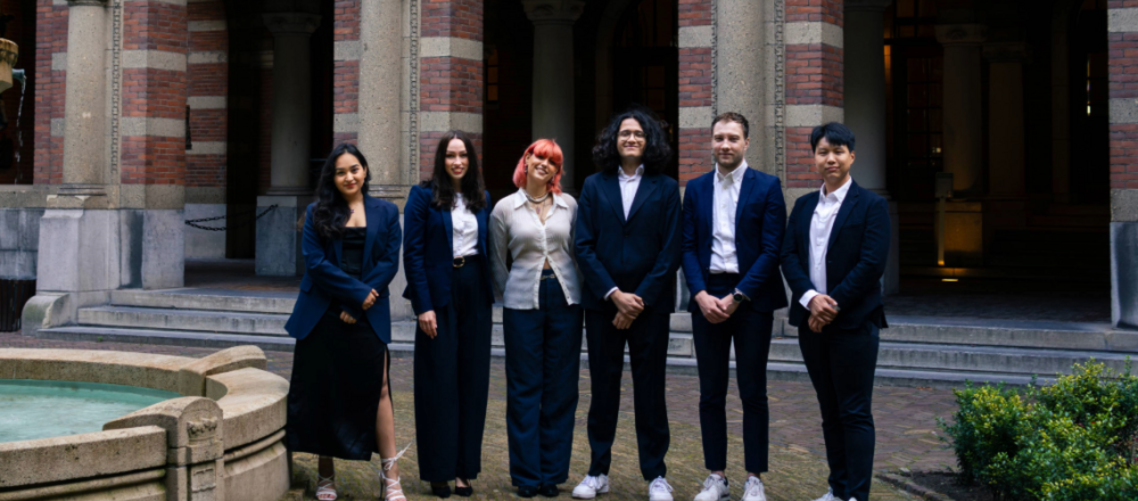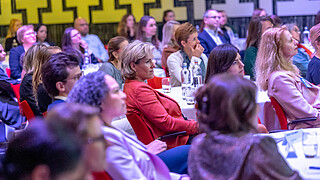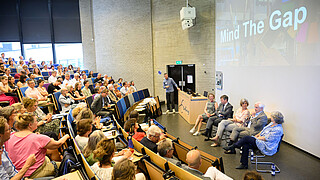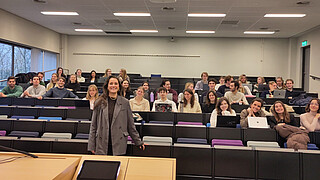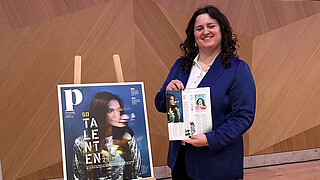Launched in the 2020/2021 academic year, the selective, 15-ECTS course immerses 75 students from RSM’s BSc in International Business Administration and BSc Bedrijfskunde annually into real-world challenges faced by partner NGOs. An additional 20 students serve in board and committee roles, ensuring the programme’s smooth operation.
Collaborating with NGOs for sustainable solutions
Central to the success of the I DO course are its partnerships with diverse NGOs from around the globe: Voice to the Street, Active Ageing Initiative, Chocolate Has A Name, Little Angels, Women and the Wind, Roots of Health, Kamboo Project Organization, Elephant Livelihood Initiative Environment (ELIE), Apne AAP, Diyalo Foundation, Civil Society Human and Institutional Development Programme (CHIP), Sylvester, Live With Earth, and Mother's Heart Uganda.
A new memorandum of understanding was also recently signed between RSM and the Humera Shahid Organisation, a social enterprise that aims to ease of accessing menstrual products across the globe. “Through this exciting partnership, we will be working closely with a team of talented and driven bachelor students to enhance our impact and drive sustainable change in the communities we serve,” notes Humera Shahid.
Together with RSM, the NGO aims to develop innovative strategies to amplify its mission, optimise operations for maximum effectiveness, and provide fresh solutions for real-world challenges. “We can’t wait to embark on this journey with the next generation of leaders and changemakers!”
Transforming education and society
The I DO course seamlessly blends academic learning with social impact, creating a transformative experience for students and NGOs alike. Students gain hands-on experience while contributing to global causes, and partner organisations receive the tools to thrive.
“I DO provided me a chance to be a consultant for an NGO supporting a Ghanaian hospital. We developed several solutions, including a donation action plan, project management plan, and internal communication plan. It’s equipped me with valuable hard and soft skills for my future career,” says bachelor graduate Jesse van de Fliert (now an MSc International Management / CEMS student at RSM).
Student teams begin the I DO course by analysing the NGOs’ operations, challenges, and environments. Through detailed research and collaboration, students identify bespoke solutions that align with the NGOs' goals. Students then present these proposals, gathering feedback to refine and implement their plans in the second phase of the course. The implementation phase involves hands-on collaboration with the NGOs to execute these strategies. By the end of the course, students deliver a tailored exit strategy, equipping the organisations to sustain the implemented solutions independently.
